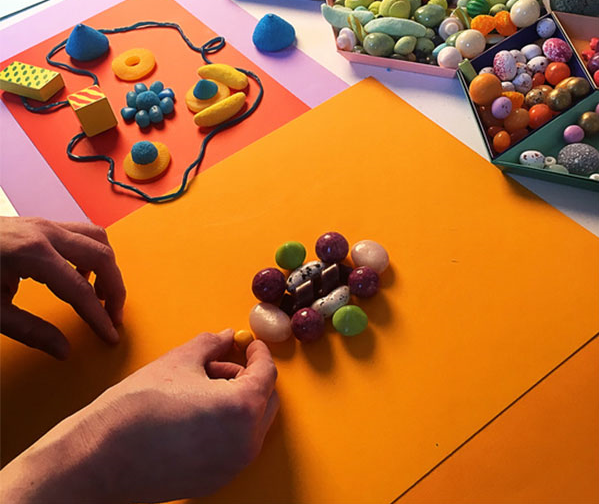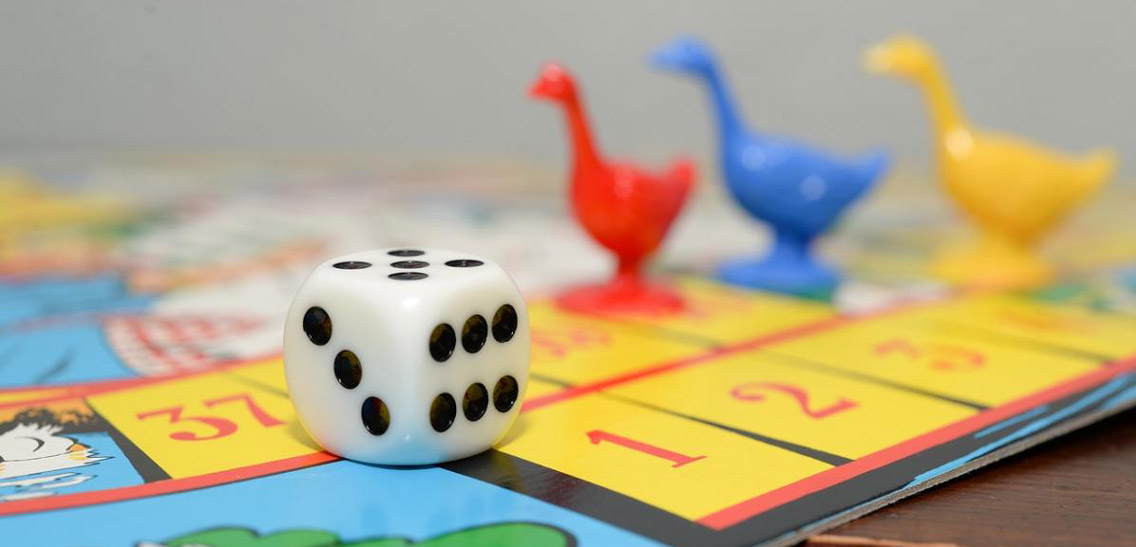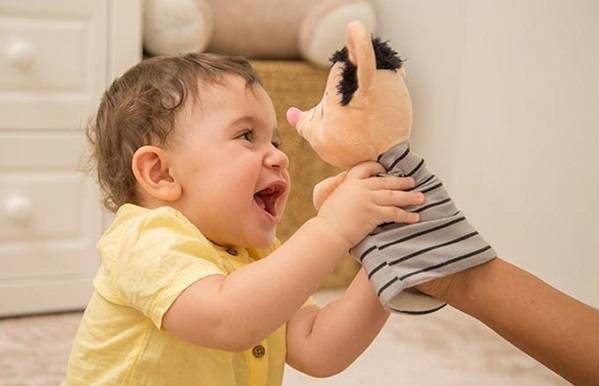What games are necessary for a child’s mental development?

Life group: Play is a process with dynamism and vibrancy. Humans are interested in playing from birth to old age. Some psychologists believe that playing is to resolve internal conflicts and personal failures, for example, a child who is upset, throws his doll or tears his clothes, Others believe that play is good for shaping a child’s memory because the child is constantly experimenting, making mistakes, imitating and practicing by playing.
The third group are those who believe that playing is for the pleasure and comfort of children to adults. Each of these three categories of theories can be correct and in place, although the game takes different forms at different ages. A child less than one year old plays to practice sitting, walking, balance and coordination, and muscle strengthening.
Upon entering school, children enter the stage of dramatic play and social development, and finally imaginative play at an older age when the person tends to solitude and intellectual and puzzle games. In this report, we present some useful games suitable for children from two to three years old that are suitable for entertainment and mental development:
1. Sensory games
The child can get to know his surroundings better by using his senses in games. Therefore, another necessary game for a child of 2 to 3 years old is sensory games based on the three senses of hearing, touch and sight.
2. Play dough and play flowers
This game drains the child’s emotions and he enjoys being able to create something with his hands. Children aged 2 to 3 years may put the dough in their mouths. To solve this problem, you can make homemade pastry made with flour and food coloring or use flowers. So that the child does not eat it and if it eats, nothing bad will happen.
3. Painting
Familiarity with colors and strengthening the child’s creativity is suitable for the coordination of the child’s eyes and hands. When drawing, let the child draw whatever he likes. Remember that the child should not be taught. Rather, play and learn while playing.

4- Making handicrafts with pieces of colored paper and glue
You can make crafts using colored paper or disposable items such as fruit juice packages. With a little internet search you can find hundreds of different ideas. Your child at this age may not be able to make these crafts on their own. But just watching you make a shape with colored paper and other items is also enjoyable for him, and you can leave simple tasks to him and then hang it on the wall of his room or anywhere else.
5. Social play
From the age of 2, the child needs to be among other children and play with them. Note that you, as a parent, if you play with your child all day, you can not play the role of another child as a playmate for him. So take your child to the park and let him play with the children. This will teach him social skills, such as empathy, and expand your child’s world.

6. Poetry and reading
Read simple poems to your child and after repeating them several times, ask him to say some words of the poem and gradually increase the number of words he reads to read the whole poem. Prepare books that are mostly unwritten and have pictures for your child and tell him the names of his shapes and tell them short and simple stories in the native language.
7. Changing the sound and whispering in the child’s ear
Say words in your child’s ear and ask him or her to repeat the same words slowly in your ear. This game is very enjoyable for kids. By doing so, the child can control his voice and also this game strengthens the child’s hearing.

8. Play with dolls
Especially dolls that can go hand in hand and play a role with them. Put your hand inside the doll or shake the other dolls and talk to them by changing your voice.
9-Face modes
Teach him facial expressions such as frowning, getting angry, laughing and crying and tell him to frown, laugh, cry and …
End of message /
You can edit this post
Suggest this for the front page

